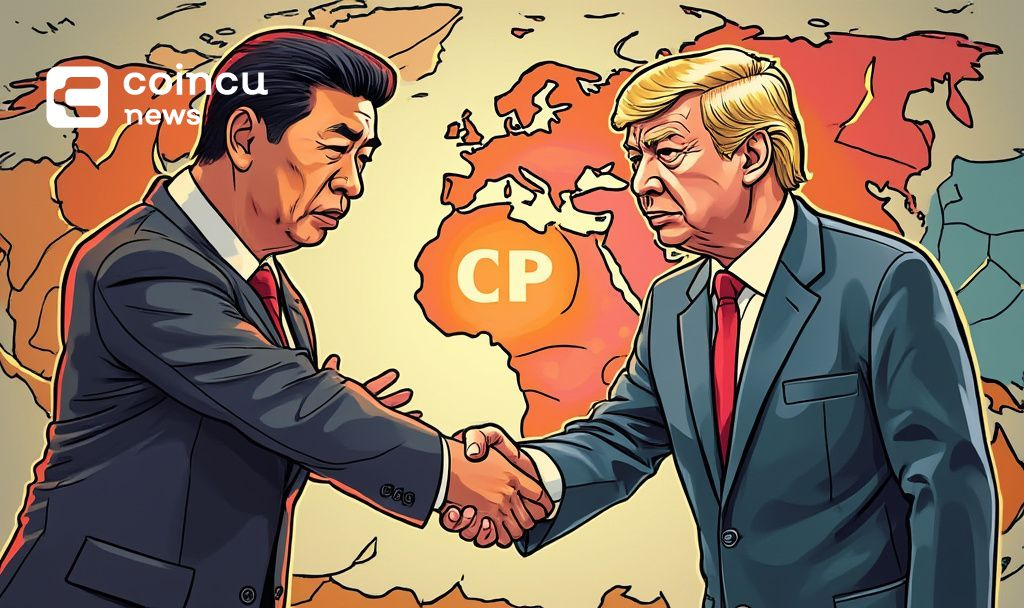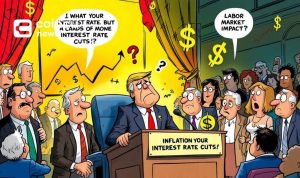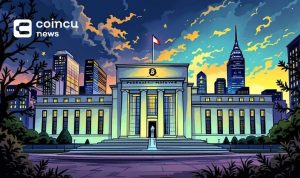- Main event, leadership changes, market impact, financial shifts, or expert insights.
- China threatens countermeasures against U.S. tariff increases.
- Global economic tension affects multiple industries and financial markets.

On April 10, the U.S. announced a 125% tariff increase on Chinese goods, sparking a strong reaction from China’s Foreign Ministry.
Nut Graph: This escalation in trade tensions between the U.S. and China likely affects global economic stability and trade markets.
China’s 84% Tariff Retaliation on U.S. Goods
China’s Foreign Ministry, led by spokesman Lin Jian, strongly criticized the U.S. for raising tariffs on Chinese goods, describing it as an act of extreme pressure that undermines global trade systems. Lin stated,
There are no winners in a tariff war. China does not want to fight, but is not afraid of it. It will never sit idly by as its rights and interests are infringed or international rules are undermined.
The U.S. responded by justifying the tariff increase as a necessary reaction to China’s trade measures. Many experts believe this will lead to heightened global economic instability, affecting supply chains and consumer costs.
China’s immediate response involved countermeasures such as raising tariffs on U.S. goods to 84% and imposing export controls on essential materials. This further intensifies trade tensions, causing industries like manufacturing and oil to brace for potential disruptions. Financial analysts foresee increased prices and market volatility as industries adjust to the new trade dynamics.
Echoes of 2018 Trade Conflict Affect Global Markets
Did you know?
During a similar U.S.-China trade conflict in 2018, global supply chains were disrupted, affecting markets worldwide and causing increased economic uncertainty.
The current U.S.-China trade dispute is reminiscent of past conflicts which led to global supply chain disruptions. Industries worldwide had to adapt, influencing trade policies and economic strategies. Experts like Scott Lincicome note China’s resilient adaptation to such pressures, suggesting they may seek alternative markets and maintain economic stability amid ongoing tariffs. Market analysts anticipate similar outcomes, predicting effects on industries and possible increased interest in decentralized financial systems as risk aversion trends rise.























